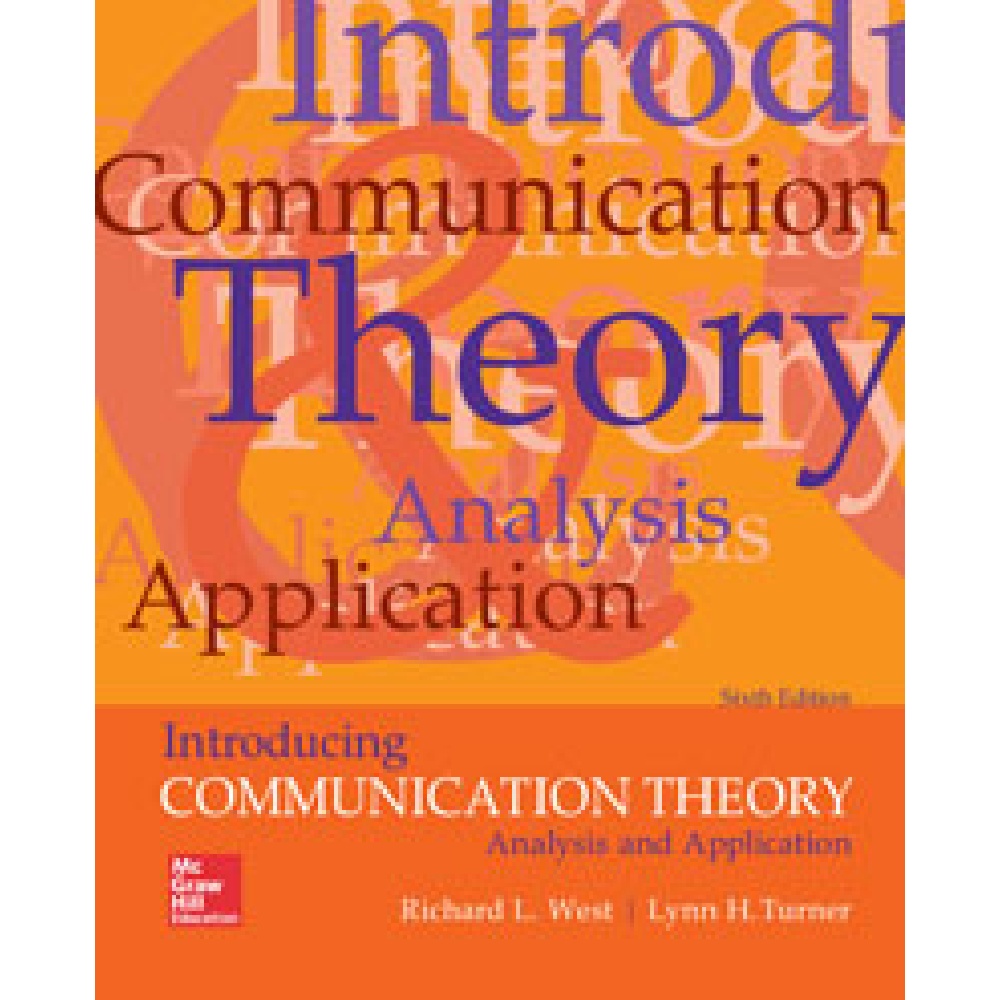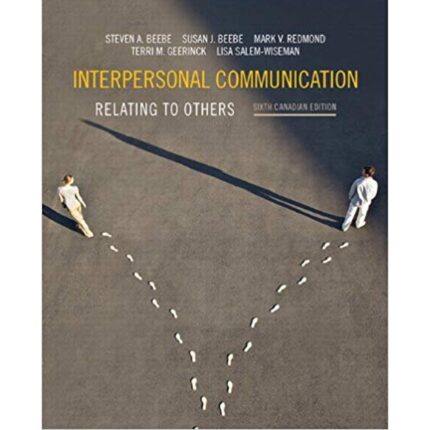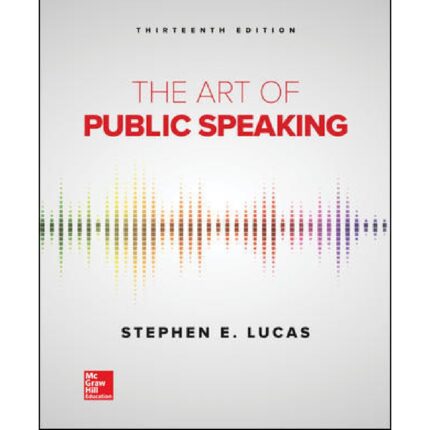Chapter 11
Relational Dialectics Theory
Multiple Choice Questions
1. Research using Relational Dialectics Theory has uncovered several new dialectics. Which two were found in the research focusing on illness and death in the context of the family?
A. ordered–emergent activities and acceptable–unacceptable behavior
B. presence–absence and joy–grief
C. acceptable–unacceptable behavior and joy–grief
D. group–individual and presence–absence
2. All of the following statements about dialectical tensions are true EXCEPT
A. people are not always able to resolve the contradictions that they experience and may become comfortable in believing inconsistent things about relationships
B. partners in a relationship experience ongoing tensions between contradictory impulses
C. dialectical theorists support the notion that there is typically one point of view that should dominate a relationship
D. Baxter and Montgomery are the researchers most closely associated with the application of dialectical theory to relationships
3. Which assumption about relational dialectics proposes that relationships typically swing back and forth between conflicting desires held by one or both partners?
A. Accommodation is the fundamental fact of relational life.
B. Relational life is characterized by change.
C. Relationships are not linear.
D. Contradiction is the fundamental fact of relational life.
4. _____ refers to the processual nature of relationships and their change over time.
A. Praxis
B. Motion
C. Totality
D. Speculation
5. The authors point out that the choices we make in relationships are often influenced by all of the following EXCEPT
A. previous choices
B. choices of others
C. cultural and social conditions
D. cognitive dissonance
6. Kip has been dating Theresa for less than a month. Kip wants to become closer to Theresa by sharing some very personal information, but he is also nervous about revealing too much, which could have negative relational consequences. Which dialectical tension is Kip experiencing?
A. autonomy and connection
B. openness and protection
C. novelty and predictability
D. real and ideal
7. Yvonne complains to Cedric that the spark has gone out of their relationship. She claims that Cedric used to surprise her with flowers and cards, but he no longer engages in those behaviors. Cedric is confused. After all, didn’t Yvonne comment only a week earlier how content and safe she felt knowing that their relationship was stable? Which dialectical tension is present in Yvonne and Cedric’s relationship?
A. autonomy and connection
B. openness and protection
C. novelty and predictability
D. real and ideal
8. _____ refer to the tensions that result from the conflicting nature of how the public defines a relationship and the private interactions that take place in the relationship.
A. Spatial dialectics
B. Dualistic dialectics
C. Interactional dialectics
D. Contextual dialectics
9. According to the assumptions of Relational Dialectics Theory, _____ is central to organizing and negotiating relational contradictions.
A. communication
B. patience
C. self-disclosure
D. integration
10. Three forms of integration as a strategy for managing tensions are
A. neutralizing, segmenting, disqualifying
B. reframing, disqualifying, selecting
C. reframing, neutralizing, disqualifying
D. segmenting, selecting, disqualifying












Reviews
There are no reviews yet.